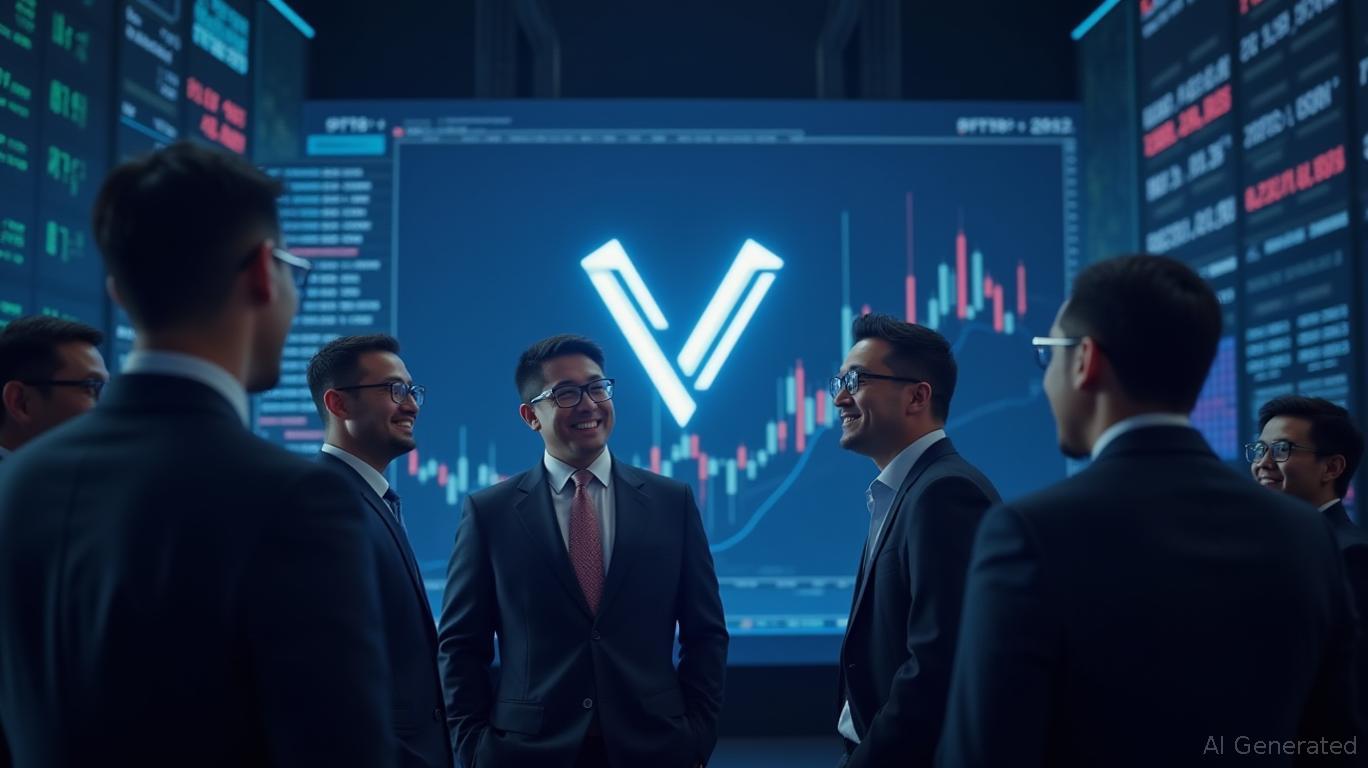One year since Durov’s arrest: What’s happened and what’s ahead?
One year has passed since the arrest of Telegram CEO and co-founder Pavel Durov, sparking outrage from free speech activists and concern over the future of platform moderation.
On Aug. 24, 2024, Durov was arrested at the Paris-Le Bourget Airport in Paris, France as part of an investigation by the French National Judicial Police. The 12 charges later filed against him claim that he is complicit in serious crimes committed by users on his platform.
Durov has expressed confusion and frustration about the case in recent interviews. Free speech advocates harshly criticized the arrest, stating it has serious implications for free speech and platform development.
Now, one year later, there is little progress in the case, and new challenges to user privacy on messaging platforms are rising.
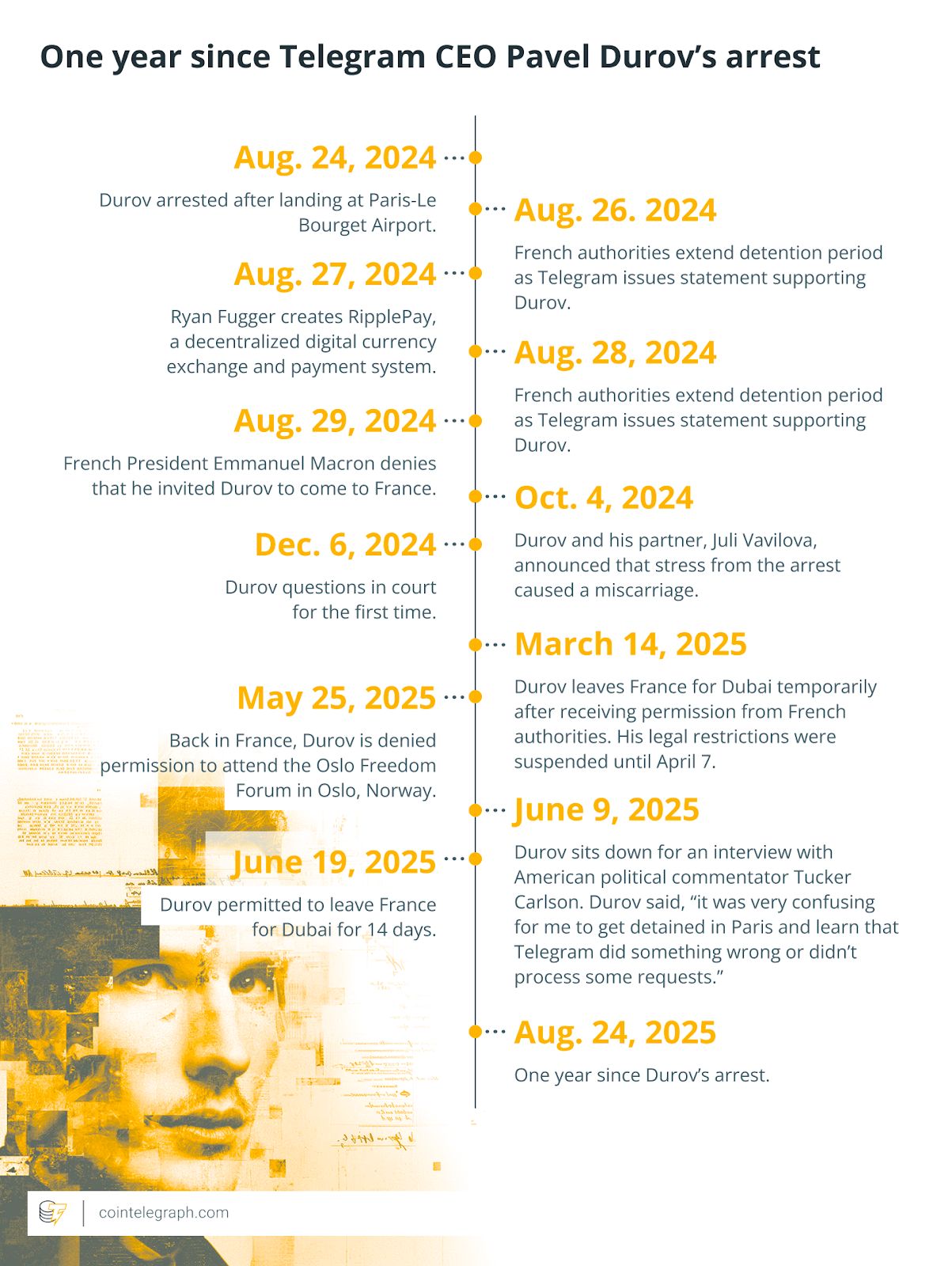
One year after Durov’s arrest, no trial set
Durov was arrested last year after France’s L’Office Mineurs (OFMIN) — the criminal enforcement agency that oversees crimes against minors — issued a warrant in a preliminary investigation of Telegram.
Investigators claimed that Telegram does not moderate content , and therefore, Durov was complicit in alleged offenses ranging from fraud, drug trafficking, cyberbullying and organized crime.
In a statement, Telegram claimed that it abided by EU laws, including the Digital Services Act and that its moderation is within industry standards.
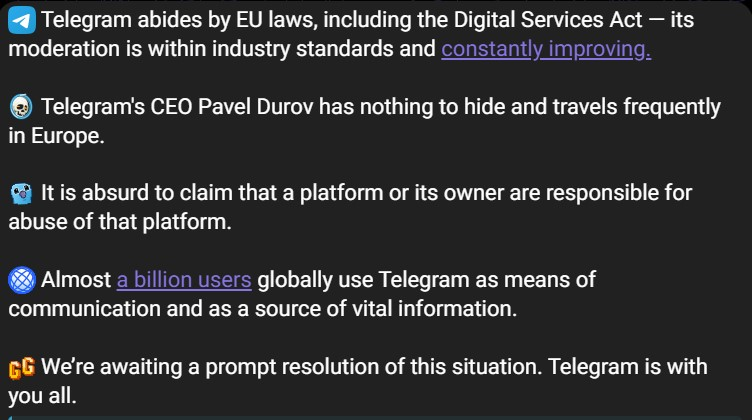 Source: Telegram
Source: Telegram
The TON Society, an organization behind developing The Open Network based on Telegram’s former blockchain project, called the arrest “a direct assault on a basic human right.” Famed whistleblower Edward Snowden accused French President Emmanuel Macron of “taking hostages for gaining access to private communications.”
Durov didn’t break his silence until September 2024 , when he said in a statement on Telegram that the company was “prepared to leave markets that aren’t compatible with our principles.” He also claimed he was surprised by the arrest, given that Telegram reportedly has numerous mechanisms through which it cooperates with authorities.
Durov said that the arrest had a personal toll as well, stating that his partner, Juli Vavilova, had a miscarriage due to stress from the investigation.
He wouldn’t make his first court appearance until December and, a few months later, won limited freedom to travel to the United Arab Emirates to conduct business while the case against him in France is ongoing.
In a June interview with Tucker Carlson, Durov clarified that he is not currently standing trial but rather obligated to appear in front of so-called “investigative judges” whose job is to “find out whether there is enough evidence to put me on trial.”
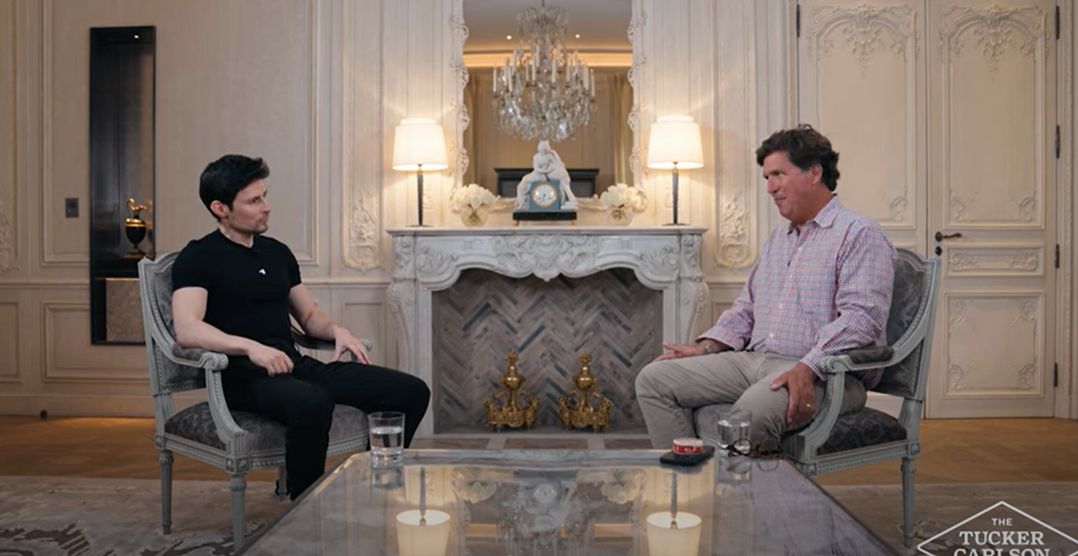 Durov (left) and Carlson (right) in France. Source: YouTube
Durov (left) and Carlson (right) in France. Source: YouTube
He called the current requirement that he stay in France “very strange and very unnecessary,” given that procedurally, he must only appear in court every few months. He said that he hopes the situation can be resolved, or that he can at least have the travel restriction lifted, in the next few months.
As of Aug. 24, the investigation is still ongoing.
Governments curb encrypted messengers globally
Durov’s case comes as regulators across the globe take aim at encrypted messaging services.
Denmark, which currently holds the presidency of the European Council, has put forward a bill that would require encrypted messaging platforms, including WhatsApp, Signal and Telegram, to scan every message, photo and video sent by users.
The bill, called the “Regulation to Prevent and Combat Child Sexual Abuse,” or “Chat Control” by critics, has reportedly secured the support of 19 of the 27 member states. In order to pass, it must have support from at least 15 countries, and those countries must contain at least 65% of the EU’s population.
The European Crypto Initiative has asked citizens to call their members of European Parliament and said it would engage directly with regulators at a stakeholder session in September.
Durov said that he would rather Telegram exit certain markets than comply with regulations that violate the company’s ethical principles regarding privacy.
“Telegram would rather exit a market than undermine encryption with backdoors and violate basic human rights. Unlike some of our competitors, we don’t trade privacy for market share,” he said.
In Durov’s home country of Russia, the government has cracked down on encrypted messengers, banning WhatsApp and Telegram, alleging that they are used for fraud and terrorism. It has also banned Facebook, Instagram and X.
In place of these, the government has developed the messaging app Max, along with VK, a social media platform itself developed by Durov. Durov left VK in 2014 after refusing to hand over user data on Ukrainian protestors demonstrating against the pro-Russian president Viktor Yanukovych.
 “MAX: communication, helpful services” is available on the Google Play Store. Source: Google
“MAX: communication, helpful services” is available on the Google Play Store. Source: Google
Max, which reportedly integrates government services and peer-to-peer payments directly into the app, has been accused of storing user data, including contact lists, metadata, IP addresses and timestamps, and making that data available to authorities. Phones sold in Russia will come with the app pre-installed starting Sept. 1.
The world over, encrypted messengers are under increasing pressure to compromise privacy. Whether it be in an increasingly authoritarian country or under the very legitimate concern of child safety, user privacy, once taken away, is not easily won back. Durov’s case, while it proceeds at a glacial pace, will undoubtedly have implications for how messengers are regulated and allowed to develop.
Disclaimer: The content of this article solely reflects the author's opinion and does not represent the platform in any capacity. This article is not intended to serve as a reference for making investment decisions.
You may also like
Hong Kong Sets Global Standard by Regulating Virtual Assets with New Self-Policing Body
- Hong Kong launches VALA, a self-regulatory body to standardize virtual asset exchanges and boost market transparency. - VALA mandates AML/CTF compliance, cybersecurity, and governance to safeguard assets and ensure fair trading practices. - The initiative aligns with global fintech trends, aiming to attract institutional investors and solidify Hong Kong's digital asset leadership.

Investors Bet Against Nvidia Despite Earnings Win, Question China Stumble
- Nvidia's Q2 2025 earnings beat expectations but stock fell due to China H20 sales absence and regulatory burdens. - Missing $4-8B in China revenue highlights U.S. export restrictions' impact on growth and operational flexibility. - New 15% China revenue-sharing deal with U.S. government reduces profitability and raises margin concerns. - Despite AI innovations like Blackwell Ultra, market doubts persist over China market resilience and valuation sustainability. - As S&P 500 bellwether, Nvidia's performan

Nvidia's AI Empire Grows, But China Clouds Loom
- Nvidia's Q2 revenue surged 56% to $46.7B, driven by $41.1B in data center sales amid AI infrastructure demand. - Data center compute revenue dipped 1% due to $4B H20 chip sales drop to China, now excluded from guidance. - Gaming revenue exceeded $4.3B, while Q3 outlook rose to $54B±2%, excluding China-linked H20 sales. - Blackwell AI chips generated $27B in prior quarter sales, positioning Nvidia to meet U.S. export rules and Chinese market needs. - Despite 88% sales concentration in data centers, market
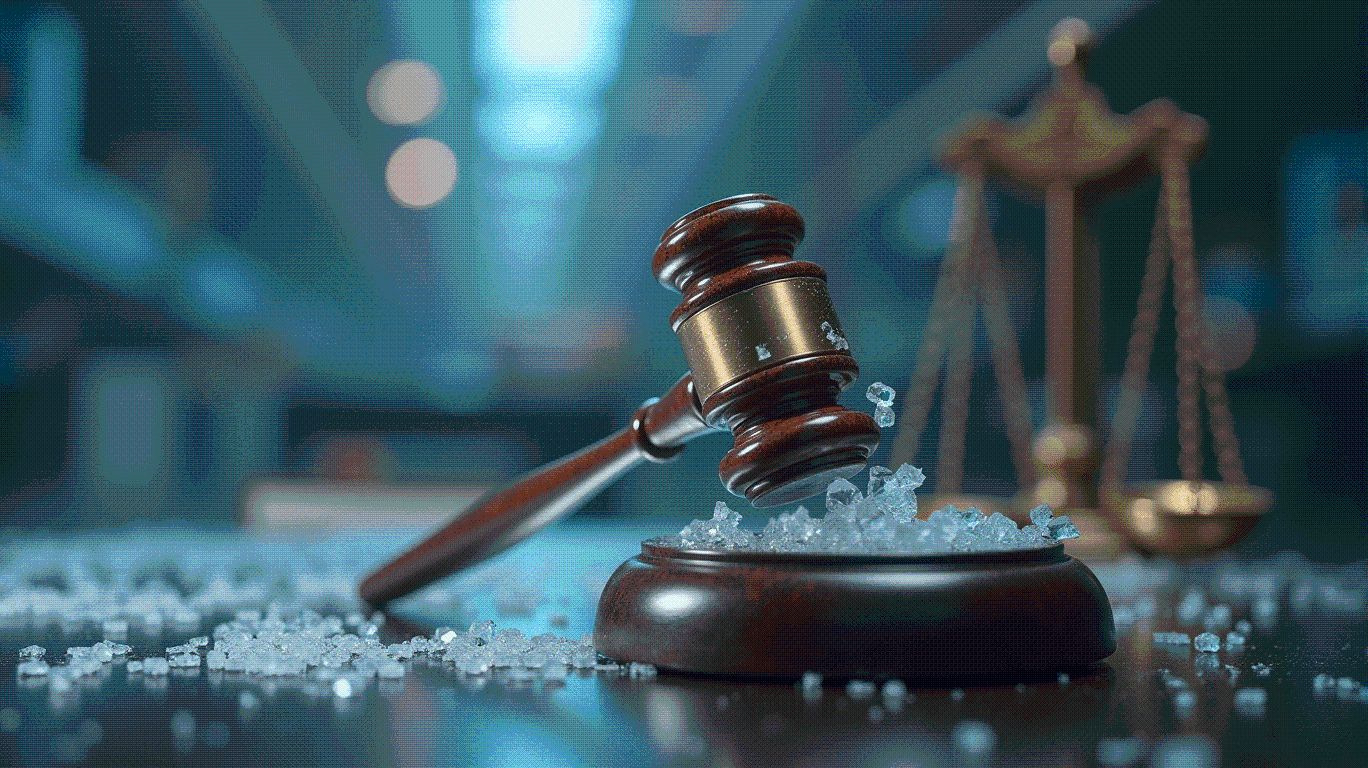
Investors Turn to VeChain as Stable Alternative to Speculative Altcoins
- VeChain (VET) gains traction in 2025 as a stable enterprise-focused crypto asset amid broader market rallies. - VET's $0.02597 price (October 2025) reflects 10.39% weekly gains driven by supply constraints and institutional adoption. - Strategic partnerships with luxury brands, pharmaceuticals, and agriculture sectors enhance VET's real-world utility and credibility. - Analysts project $0.0265+ price targets by year-end, contingent on sustained institutional interest and favorable regulatory shifts. - VE
